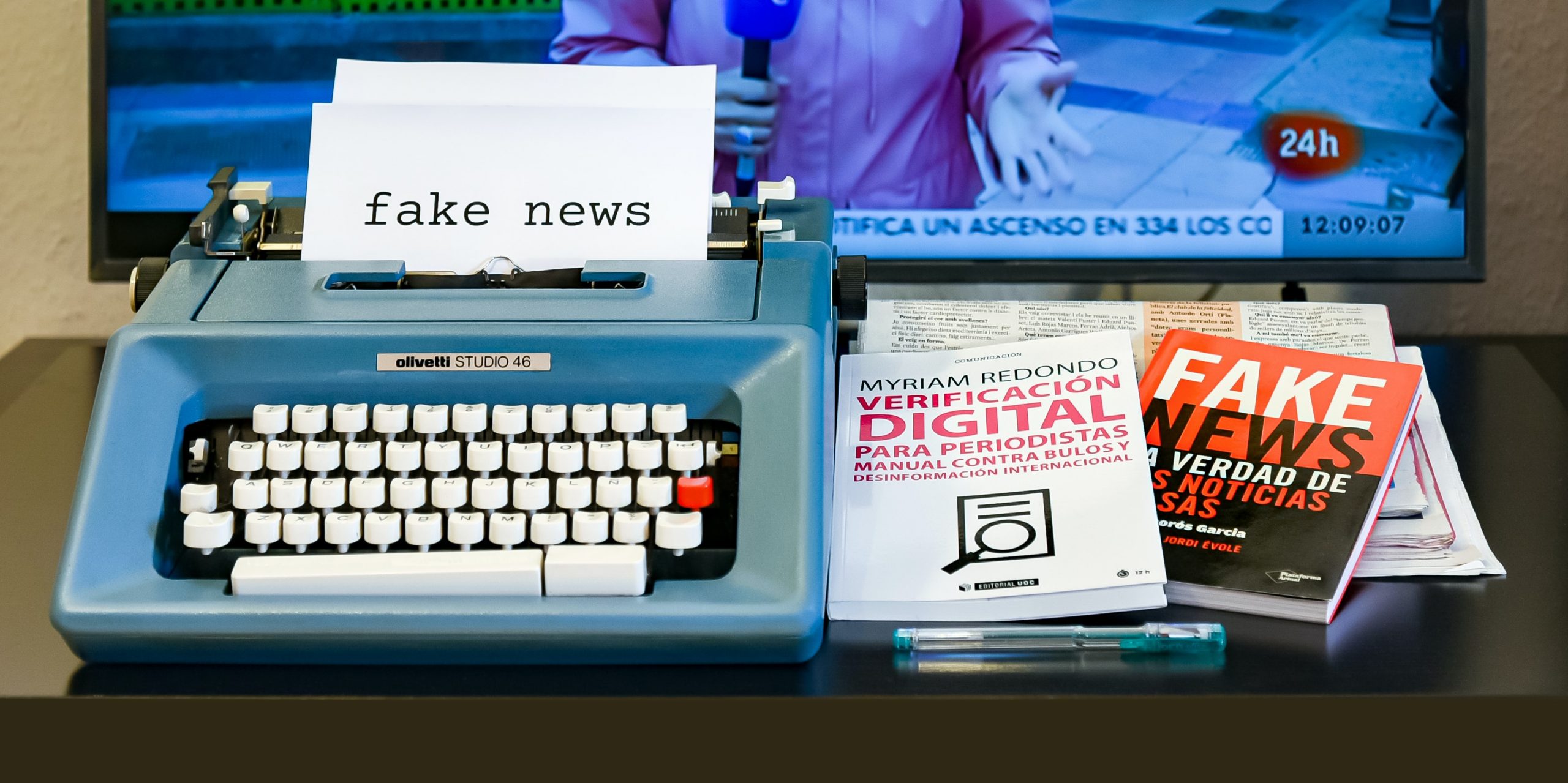
Image sourced by unsplash.com
How must we think about misinformation to tackle it?
We need a robust 360o understanding of misinformation, including its dissemination, interpretation, and consequences in the political and electoral context to develop effective ways to address it. Misinformation itself is nothing new – rumours have always been a part of the Indian electoral drama, but the speed of replication and dissemination (‘virality’) is new, as is the near-universal access to mobile phones and social platforms for information. Additionally, voters are exposed to quantitatively more information in the electoral campaigns of today.
Misinformation is a being discussed every day in the run up to the elections in India. Social media platforms, such as Facebook, WhatsApp and Twitter, have spent significant resources to address this issue in India, and are making changes to their technology as well as their on-ground outreach with political parties and governments. The ruling party, BJP, has created close to 2000 whatsapp groups to “combat fake news” and reach authentic information to their supporters. It is widely believed that well-timed, well-targeted misinformation can influence elections in India.
Yet, we know very little about how voters perceive the material and respond to it. We need to move beyond proclamations about their response in voting to understanding this empirically. It is possible that voters’ real-world social and political life can exacerbate or temper the impact of misinformation. Entrenched relationships of political patronage may mean the effect of one piece of misinformation may be tempered by the reality of having to secure basic goods through your political patron, who may be, for instance, the target (or source) of the misinformation. We also know very little about people’s membership and sense of belonging on WhatsApp groups, and the manner in which this affects interpretation and response to misinformation. There is limited research about the use of language- specific social media, and its relationship to English language only media communication and how misinformation is discussed within households and communities, and offline.
What we need therefore is a social model of misinformation. Aapti will create information at this intersection. Aapti is developing a set of tools to audit political social media, and prepare shareable, meaningful reports. Using this insight, Aapti is developing ways for platforms and the state to intervene to make effective and fair policy.


